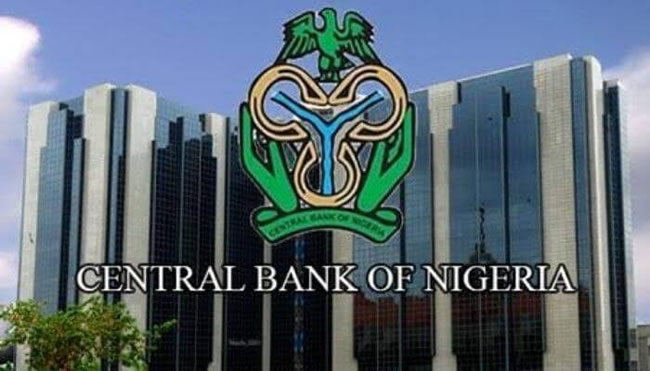
Based on figures obtained from the Central Bank of Nigeria (CBN) on movement of external reserves, a report by CSL Research has shown that the country’s external reserves have declined by US$1.65 billion since the Foreign Exchange (FX) unification in June.
The figures show that external reserves fell from $34.12 billion as of 30 June 2023 to $32.88 billion as of 4 December 2023, a five percent drop.

Though other sources like foreign remittances, foreign currency loans, and yields from foreign assets contribute to the nation’s external reserves, the major source of inflow is crude oil sales receipt.
Therefore, gains in crude oil prices and an increase in crude oil production levels imply an increase in the nation’s foreign exchange reserves.
According to the report, oil prices trended up last year, giving the impact of the Russia-Ukraine war on the global energy market but the country failed to benefit from the high oil prices due to the drop in production, attributed to crude oil theft and the decrepit oil infrastructure. Again, failure to eliminate subsidies earlier implied subsidy payments grew with rising crude oil prices as landing cost of refined petroleum also increases with higher crude prices.
The Bola Tinubu administration announced the unification of the rates at the various FX windows and the commencement of a floating rate FX regime in June as one of the critical policies to be implemented to boost FX liquidity and the black-market rate was used as reference, closing the gap between the official rates and the black-market rates.
“We had expected improved FX liquidity and reduced pressure on the nation’s reserves following the FX unification as private sector inflow of FX into the economy increases and the CBN ceases to aggressively intervene in the FX market.
“However, FX pressures remain and the CBN has continued to intervene in the market as another wide margin between the official rate and the parallel market rate has since been created, “ the report read in part.
It further observed that “we have always argued that a focus on rate convergence without structural reforms to increase the supply of FX will be a case of treating the symptoms while ignoring the underlying cause of the problem which is an acute shortage of supply amidst a growing demand for FX. “
YOU SHOULD NOT MISS THESE HEADLINES FROM NIGERIAN TRIBUNE
COP28 delegates: Invest in production, not frivolities, Peter Obi knocks Tinubu
Peter Obi, the presidential candidate of the Labour Party (LP) in the 2023 general elections has reacted to the long list of delegates that travelled with…
I studied for seven hours daily for four years — ACU best graduating student
To attain great academic success, the best-graduating student at Ajayi Crowther University for the 2022–2023 academic session, Susanna Akinteye, has…
CBN will freeze your accounts if you don’t link your BVN-NIN
The Central Bank of Nigeria (CBN) has said that all accounts without the Bank Verification Number (BVN) and…
How housewives are coping with exorbitant cost of pepper
YEJIDE GBENGA-OGUNDARE reports that in addition to significant increase in cost of food items, many Nigerian homes that…
Service chiefs on national security
SPEAKING at the Green Chamber when he led service chiefs to address parliamentarians on pertinent security issues last week, the Chief of…
Gusau outlines 2030 vision for Nigeria football development
President, Nigeria Football Federation (NFF), Ibrahim Musa Gusau, has outlined his plan for…








